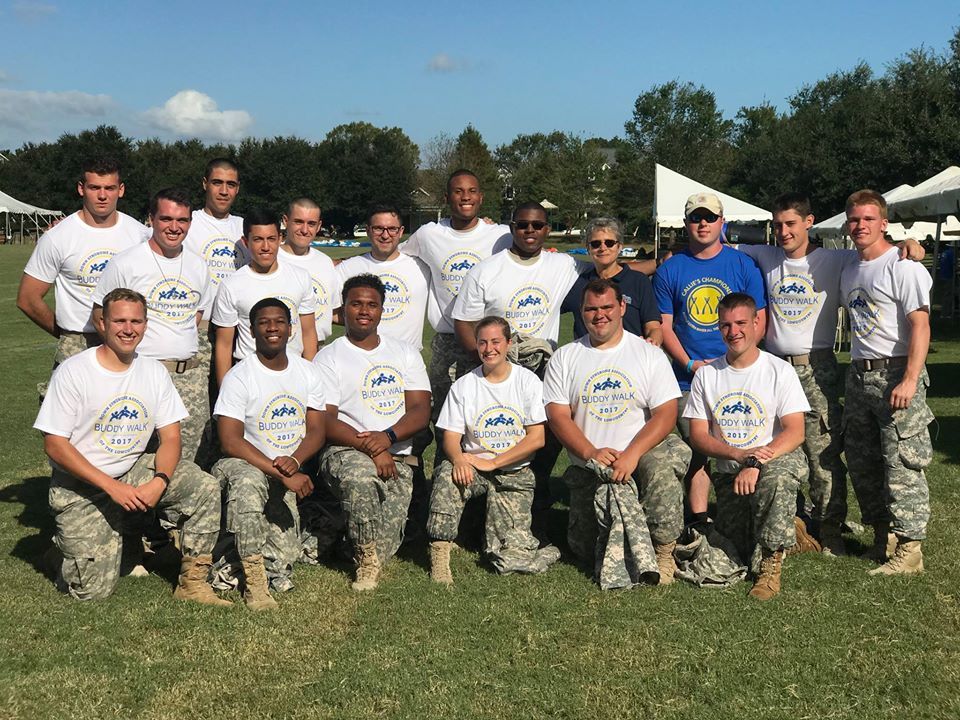
After a lifetime in the workforce, retirement leaves many senior citizens wondering what’s next in store. With a free schedule, suddenly they have a plethora of time, resources and flexibility that they never had before. For years, work gave them a purpose and a sense of accomplishment. Without it, many seniors can find themselves pondering how to fill their extra time.
Fortunately, no matter who you are, how old or what experiences you have, there’s always one way you can find fulfillment, use your passion and give back to others all at the same time: through volunteering. For seniors, volunteering is the perfect chance to use extra time to make a difference in the community. Check out these positive reasons for seniors to volunteer.
1. Volunteering promotes brain health.
As we age, health can become a serious concern for many. Particularly after someone retires, the number of activities they do that stimulate the brain dwindles. However, volunteering provides the perfect outlet for mental stimulation and interaction. This stimulation improves seniors’ mental health, including reducing symptoms of depression and even dementia.
The National Institute on Aging found that participating in meaningful social activities like volunteering can improve a person’s longevity, mental health and diminish the risk of dementia. Another study by the Rotman Research Institute found that seniors who volunteered approximately 100 hours a year (three to four hours per week) had improved memory and speech as a result. They also ended up feeling less stressed and overwhelmed. As we age, volunteering keeps us mentally sharp, which improves our overall health.
2. Volunteering equips physical health.
In addition to mental health, volunteering can also significantly boost a senior’s physical health. And of course, maintaining a good level of fitness can prevent injuries and disease as people age. Whether it’s walking dogs for the Humane Society, building homes for Habitat for Humanity or simply restocking books at the local library, volunteering gives seniors a physical outlet to stay in shape.
One study conducted by Carnegie Mellon University showed that individuals over 50 who volunteered were at a decreased risk for developing high blood pressure, which can lead to stroke, heart attack and other conditions. In 2014, a review of 45 years worth of studies demonstrated that seniors were in better physical and mental health as a direct result of volunteering. To feel better mentally and physically, volunteering is the perfect option.
3. Volunteering provides a sense of purpose.
After years in the workforce, many seniors often feel a lack of purpose for their lives. While they used to spend their time helping others and working hard, time can feel much more vacant in retirement. Volunteering for an important cause fills this need. Consistent volunteering gets seniors out into the community, with people counting on their attendance, services and abilities.
The feeling of being relied upon gives seniors this sense of purpose and responsibility for their lives. Seniors meet new friends and build a valuable sense of community and relationships. They know they’re making a difference, and their work has an impact. In fact, one study by the Corporation for National and Community Service discovered that adults over the age of 60 who volunteer reported higher levels of wellbeing and lower disability than those who did not. Volunteering not only helps the community, but it can also help the seniors who get involved.
Volunteering has a valuable impact on everyone, but it can especially make a difference in the lives of senior citizens. If you or someone you know is a senior living in post-retirement, consider how volunteering can play a role in life. You might just find a plethora of reasons to get involved and give back.












